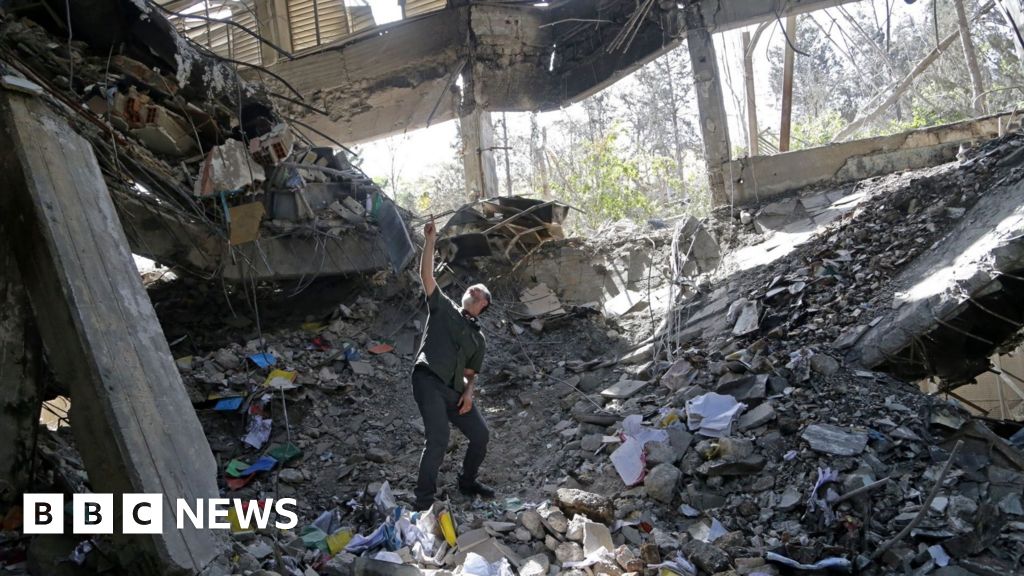Nearly 130 people have been 'summarily executed' by Islamist insurgents in Niger in a series of violent attacks since March, according to a troubling report by Human Rights Watch (HRW).
The rights group detailed brutal assaults, including a devastating attack on a mosque in the western Tillabéri region in June, where over 70 worshippers were shot during prayers. A local woman recounted the horror, describing bodies piled on one another, having lost three sons in the tragedy.
This spike in violence presents a significant challenge to Niger's military junta, which took control after deposing President Mohamed Bazoum in 2023, pledging to tackle the insurgency. HRW's report notes that approximately 1,600 civilians have been killed by Islamic State (IS) fighters since the coup, depicting a grim reality for the nation's people.
Furthermore, the report highlights that jihadist groups are not only targeting civilians but are also involved in the destruction of schools and religious sites, enforcing strict interpretations of Islamic law. Ilaria Allegrozzi, a senior researcher at HRW, stated, 'Islamist armed groups are targeting the civilian population in western Niger and committing horrific abuses,' calling for more protective measures from Nigerien authorities.
Recent incidents include the killing of five men and two boys in May, with reports of unresponsive military forces despite numerous warnings from villagers requesting protection.
Witnesses described how the army failed to act and pointed fingers at IS fighters for the violence, who are recognizable by the red-banded turbans they wear. The Tillabéri region remains a hotspot, bordering Burkina Faso and Mali, and has been embroiled in insurgency for over a decade.
As Niger strengthens ties with Russia and Turkey for security amidst growing violence, the need for effective strategies to address the escalating insurgency remains critical.

















